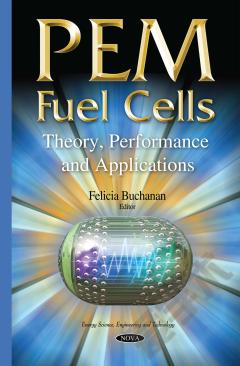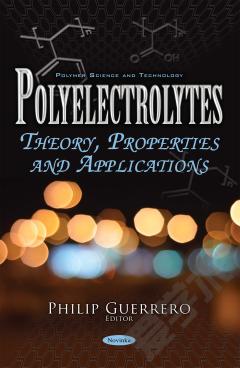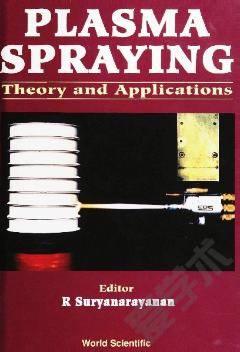PEM Fuel Cells: Theory, Performance and Applications
Proton Exchange Membrane (PEM) fuel cells are still undergoing intense development, and the combination of new and optimized materials, improved product development, novel architectures, more efficient transport processes, and design optimization and integration are expected to lead to major gains in performance, efficiency, durability, reliability, manufacturability and cost-effectiveness. The potential of fuel cells as an energy source to replace fossil fuels in a wide range of applications, has now become a reality that is environmentally friendly and helps support the sustainable development of the planet. A fuel cell is a device that converts the chemical energy contained in a fuel, generally hydrogen, into electrical and thermal energy, in the presence of an oxidant, which can either be either air or oxygen. This book discusses the theories, performance and applications of PEM fuel cells.
{{comment.content}}








 京公网安备 11010802027623号
京公网安备 11010802027623号